
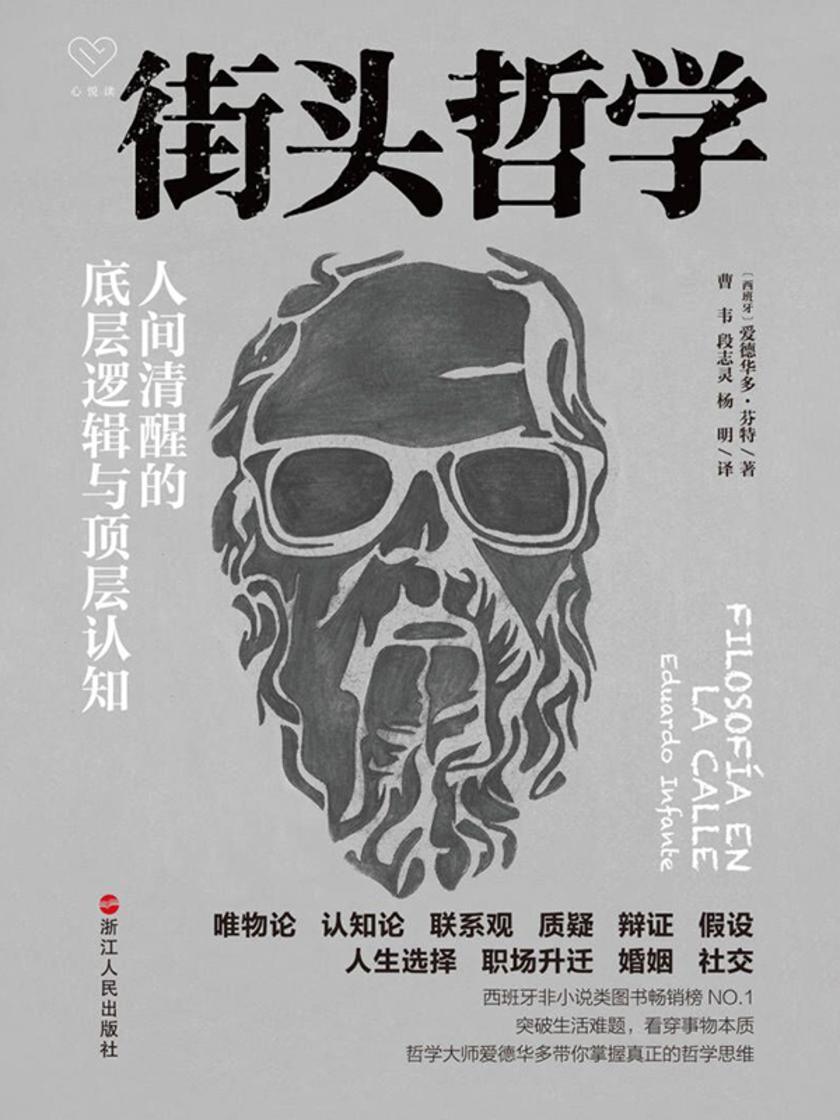
街头哲学:人间清醒的底层逻辑与顶层认知(心悦读丛书)
¥40.80
哲学是两千多年前一群人在希腊城邦的街头集会,试图将思想实践于生活中的学问。人们自由地讨论各种问题,得到答案和指引,以此引导自己的行为。它不是形而上学的理论,而是实实在在解决人们生活中的问题。 本书重塑了古希腊化的哲学探讨方式,用轻松幽默而又不失思想深度的笔触面对当代生活中让我们困惑的各种问题,为其提供众多伟大思想家如康德、边沁、卢梭、波伏瓦、柏拉图等角度不同的解答,促使我们对问题行更深层的思考,从而获得人生真正的解脱和提高自己的思辨力。

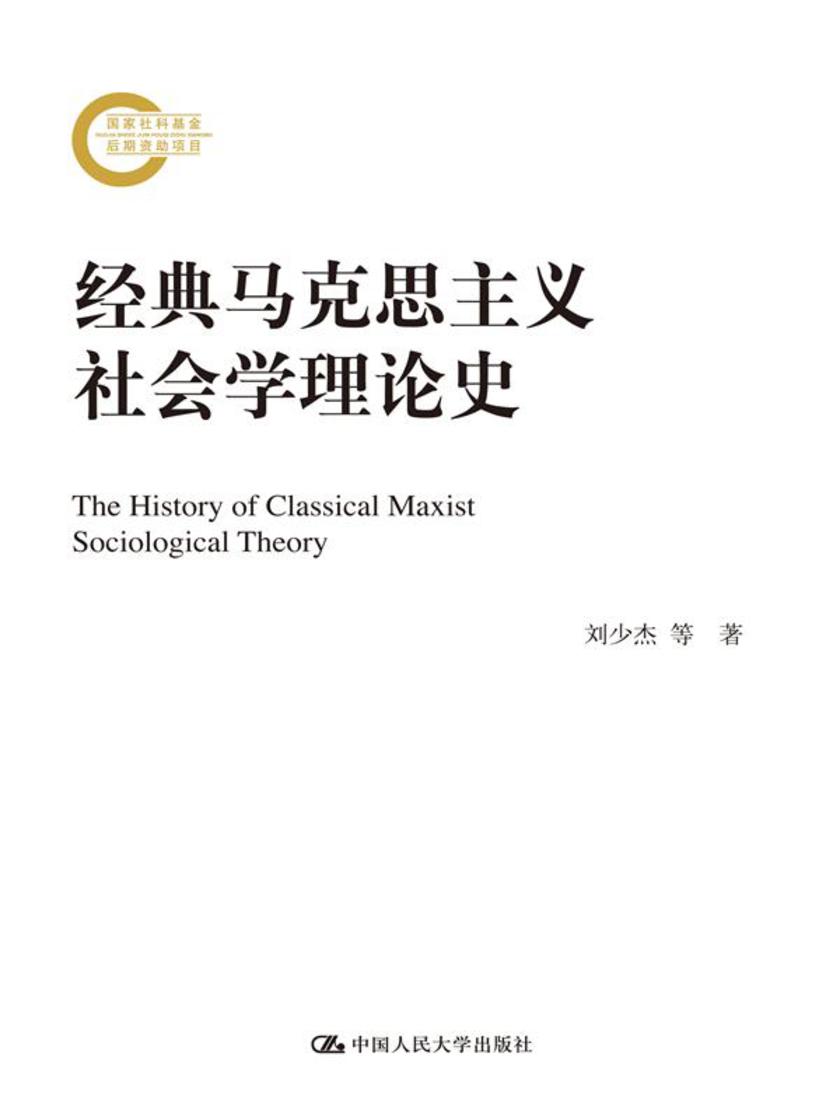
经典马克思主义社会学理论史(国家社科基金后期资助项目)
¥40.80
本书系统阐述了经典马克思主义社会学理论的基本立场、方法原则、历史演化和理论贡献。对马克思恩格斯论述的市民社会,异化劳动,群众史观,实践立场,分工、交往与社会发展,阶级斗争与共产主义运动,人的解放,国家与社会治理,社会矛盾运动与发展道路,家庭、私有制和国家起源等一系列马克思主义社会学的重要理论做了深评析,对马克思恩格斯晚年论述的人类学思想和历史唯物主义观也做了深考察和充分阐释。

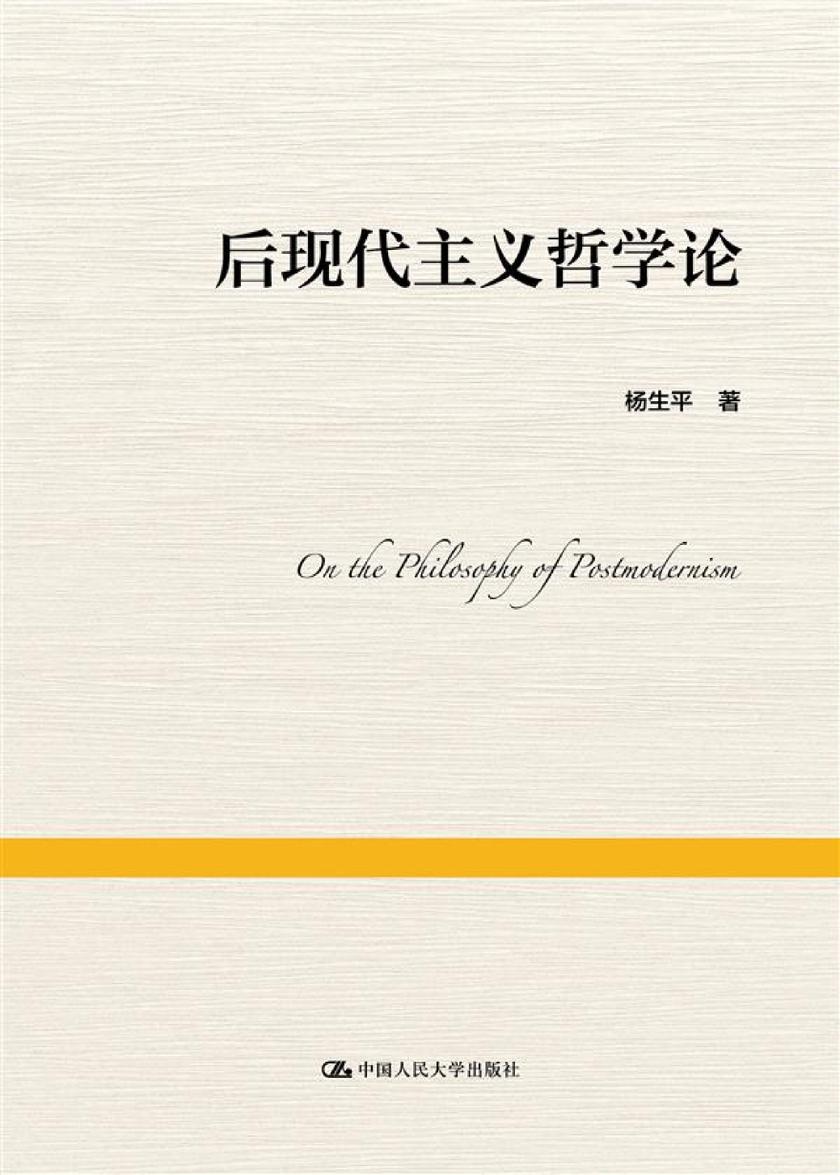
后现代主义哲学论
¥40.80
后现代主义是20世纪60年代左右产生于西方发达国家的泛文化思潮, 涉及哲学、艺术、文学、历史学、政治学、社会学、伦理学等诸多领域,自20世纪80年代传我国,在我国文化领域产生了重要影响。本著作把后现代主义作为一种重要的文化现象,从其产生背景、思想渊源、理论实质、社会影响以及发展走向等方面对其加以全面分析,以期把握其精神实质并为我国当代文化建设寻找有益资源。全书分上篇、中篇和下篇三个部分。上篇主要对后现代主义的产生背景、理论特征、价值取向以及它对中国文化建设的影响等行了总体论述评价;中篇重研究了后现代主义主要代表人物利奥塔、德里达、福柯、伽达默尔和鲍德里亚等的核心观;下篇研究了一些著名思想家对后现代主义的评论,这对整体把握后现代主义无疑是一个必要的补充。

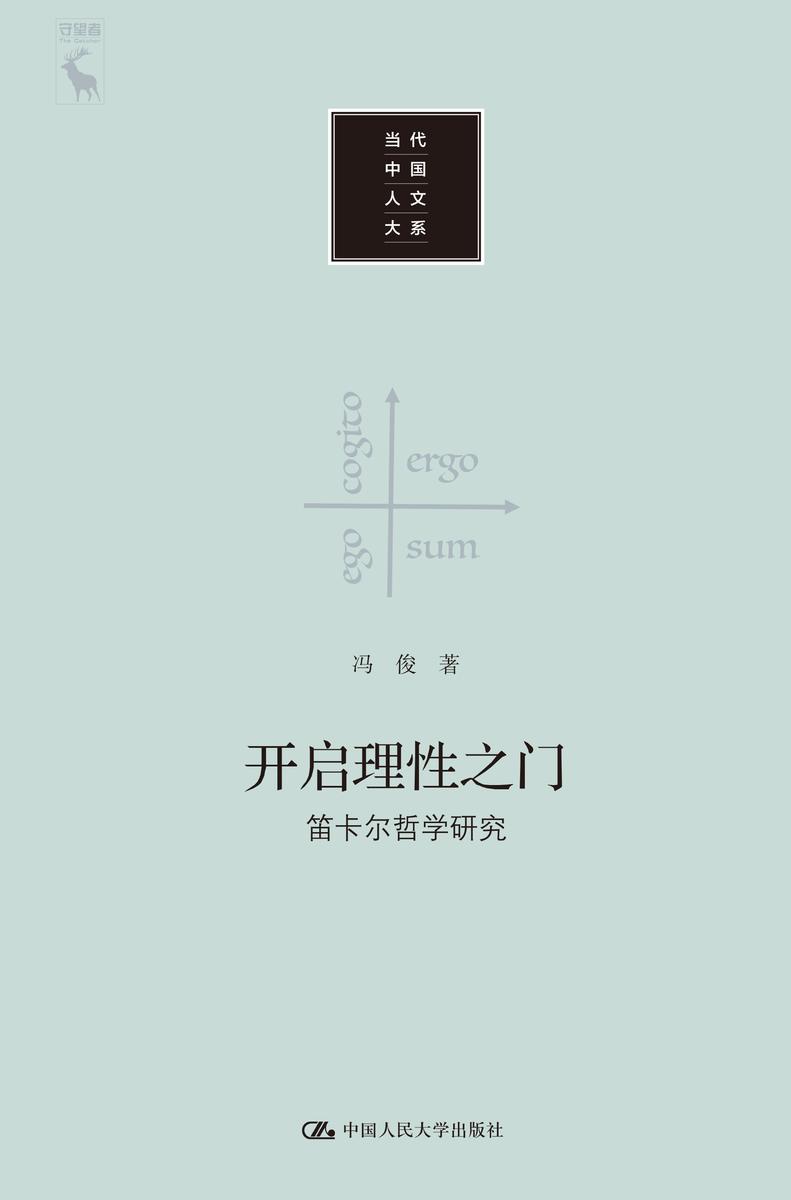
开启理性之门——笛卡尔哲学研究(当代中国人文大系)
¥40.80
本书是对西方近代哲学创始人、理性主义哲学代表人物笛卡尔的哲学进行全面系统研究的一本学术力作。作者对笛卡尔从书的世界到读世界之书的人生经历、对人类知识之树的构想和学术著述活动都做了详尽的介绍,对笛卡尔的普遍怀疑和方法论体系、“我思故我在”和主体哲学的确立、天赋观念论、和理性主义的基本原则、对上帝存在和外物存在的证明、心身二分和心身统一、自然哲学及形而上学和物理学的关系等核心理论问题进行了深入的分析与阐释,并对笛卡尔哲学在西方近现代哲学中的影响力、生命力做出了全面和准确的描述。本书不仅深化和推进了我国对于西方哲学的研究,而且还为广大读者展示了理性主义思维方式的精彩画卷。法国哲学学会前任会长、国际法语国家哲学联合会前任主席雅克·董特生前还专门为本书作序。

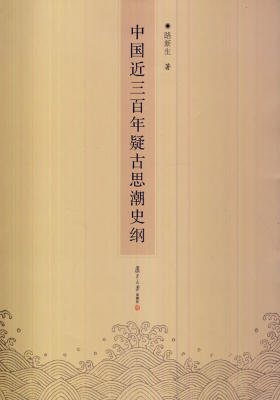
中国近三百年疑古思潮史纲
¥40.80
《中国近三百年疑古思潮史纲》以“中国近三百年学术之演进”立题,对近三百年间的疑古思想及疑古运动作了全面考察。全书所谓上起明末清初,下迄抗战前后,按历史顺序,从清初疑古思潮切入,延及乾嘉间的经学、崔述的疑古学、近代及现代疑古思潮,对三百年间这一思想运动的勃兴、发展及其消歇进行全面深入的梳理,并对相关的社会、政治、文化问题作出了个人独到的阐释。对研究中国学术思想史、考古学、近代政治社会及文化史的学者专家将有较大参考价值。

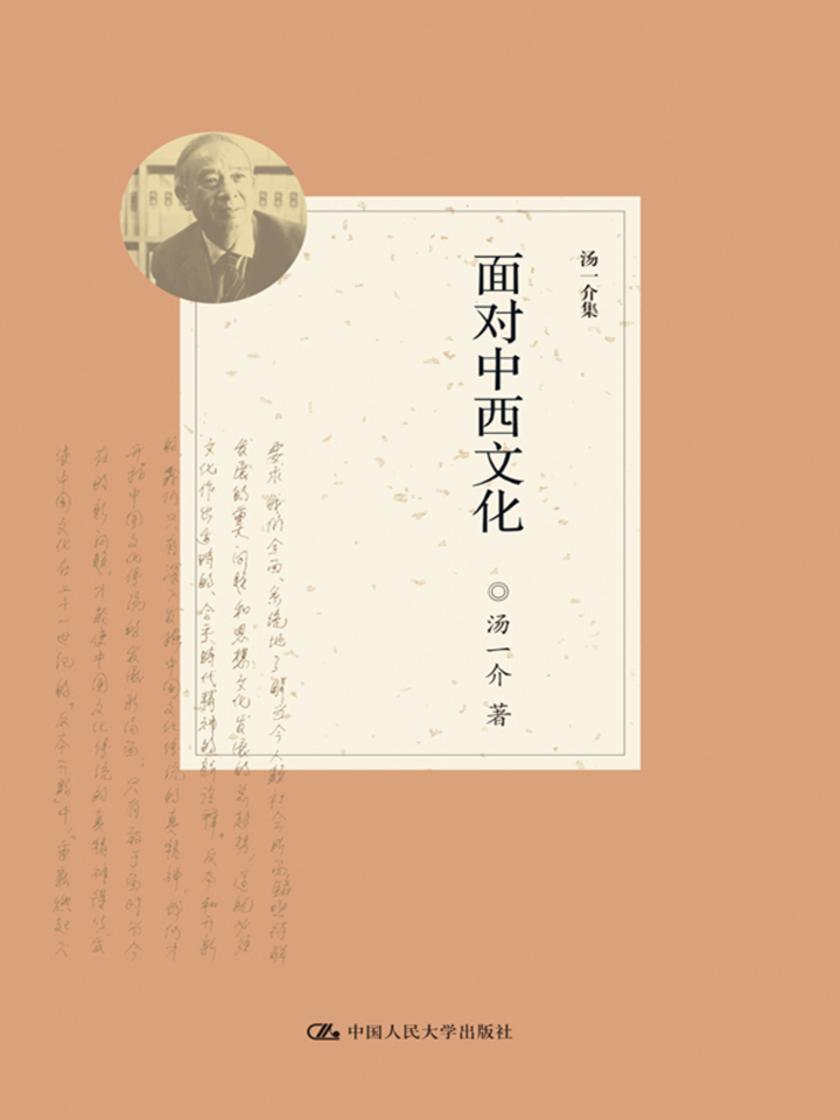
面对中西文化(汤一介集)
¥40.80
本书是作者对中西文化交流研究方面论文的汇编。书中分析了中国文化如何从传统走向现代以及中国文化如何走向世界的问题,从中国学术界出现的“文化热”现象反思了文化多元发展的必然性,并通过对亨廷顿“文明冲突”论的批评扩展了这一反思,论述了中国文化与西方文化的对话与交流必定会对双方文化发展产生重要意义,也抒发了作者对现实文化中出现的一些问题的感受。

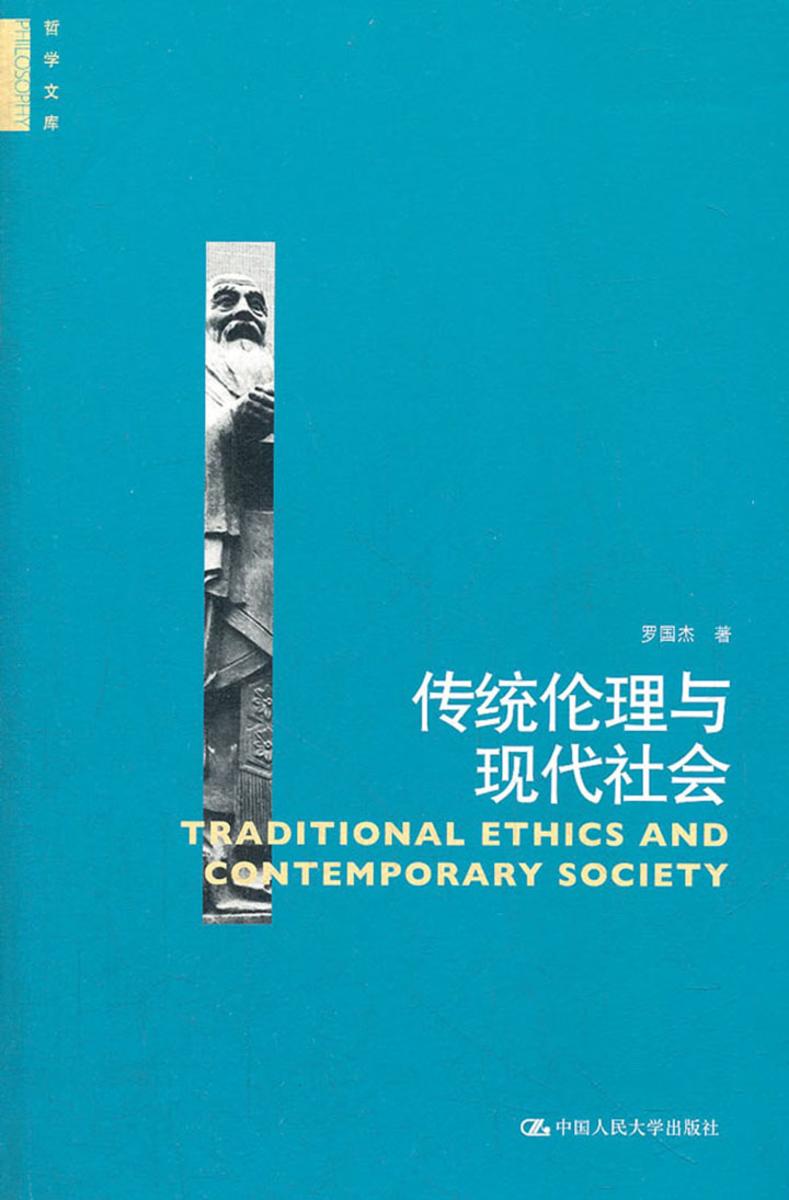
传统伦理与现代社会
¥40.80
《传统伦理与现代社会》以先秦伦理思想为基点,论述了中国传统伦理思想的形成和发展的历程,探讨了儒家伦理规范体系的完善及其正统地位的确立,以及封建伦理思想的深化和成熟。在此基础上,本书分析了中国传统伦理思想对现代社会治国兴邦和道德建设的借鉴意义。

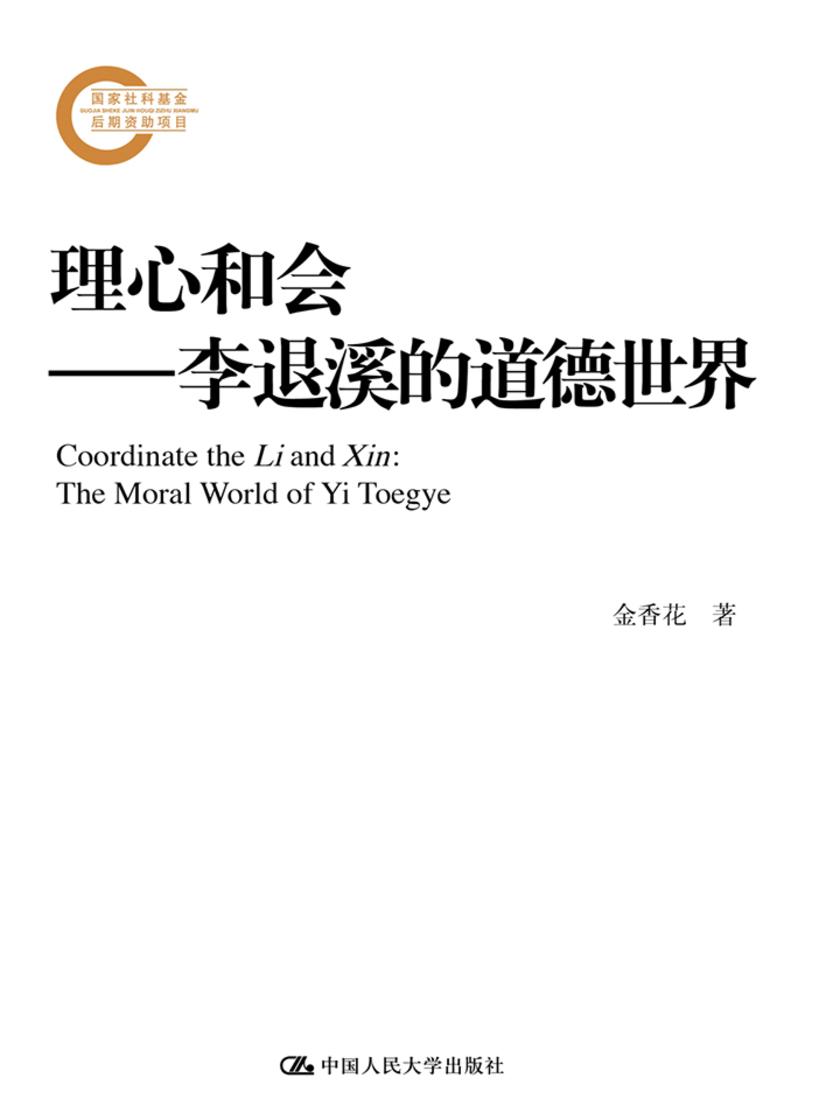
理心和会——李退溪的道德世界(国家社科基金后期资助项目)
¥40.80
李退溪是朝鲜朝*为重要的儒学家之一。本书以朝鲜儒学的一段公案—“四七之辩”始谈起,以文献考据和哲学分析为基本方法,重分析了李退溪的“理气互发”说和心学思想的理论渊源与后学影响。李退溪受《周易》和周敦颐《太极图说》中动静说的启发,推发了“理”之能“发四端”的可能性,由此建立了人性之善与天理之间牢不可破的联系。退溪心学的形成与宋、元、明时期儒学的多元化发展有关,是以朱子思想为根基对《心经附注》、《延平答问》的继承,强调“十六字心传”—道心对人心的统帅。 另外,本书还从文献流传的角度揭示了朱子学东传之路径及李退溪在其中的重要作用。


清代荀学史略(精) 中华书局出品
¥40.80
清代是荀学复活并逐渐走向兴盛的时代,清代的荀学研究也是荀学*为重要的一个环节。本书将清代荀学划分为清初、清中叶和晚清三个各具特色的时期,考察各时期荀学研究的特及时代背景、学术风气对该时期荀学研究的影响。在每个分期下,又对具有典型意义的问题作专题研究,以清楚展现其始末;对惠栋、戴震、汪缙、章太炎及维新派诸成员等于荀子义理颇有发挥、独成一家的学者,亦作专门探讨,以便睹其荀学思想之全貌。

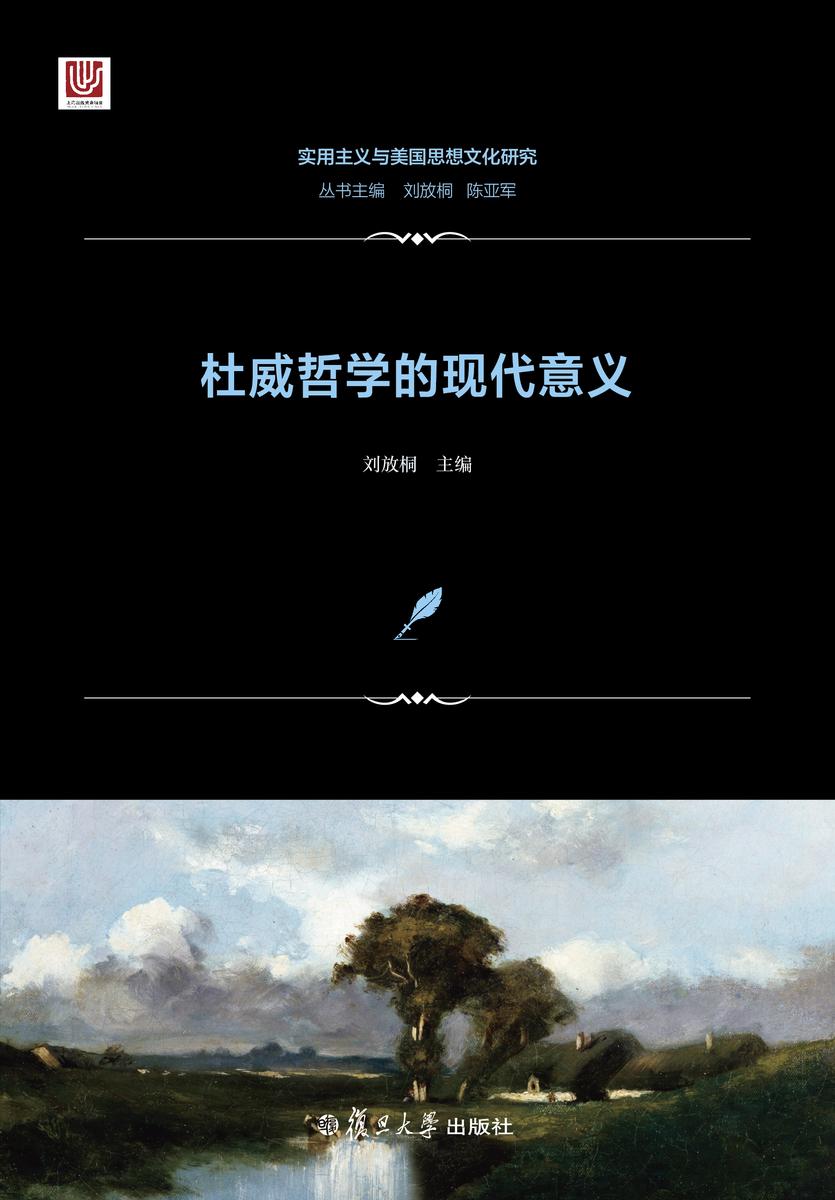
杜威哲学的现代意义
¥40.80
刘放桐主编的《杜威哲学的现代意义》围绕“杜威哲学的现代意义”这个有着重要的理论意义和现实意义的问题展。从理论上说,它不仅涉及作为现代哲学之典型形态的杜威哲学本身,也涉及杜威哲学与整个西方哲学,特别是西方哲学从近代到现代转型的关系,可以说它是这种转型*有代表性的形态;*重要的是,它涉及与马克思主义哲学的对立统一关系,是现代西方各派哲学中与马克思主义哲学的关系*为密切的派别。希望本书能起到抛砖引玉的作用,以推动*多的学者展对杜威和实用主义哲学的研究。

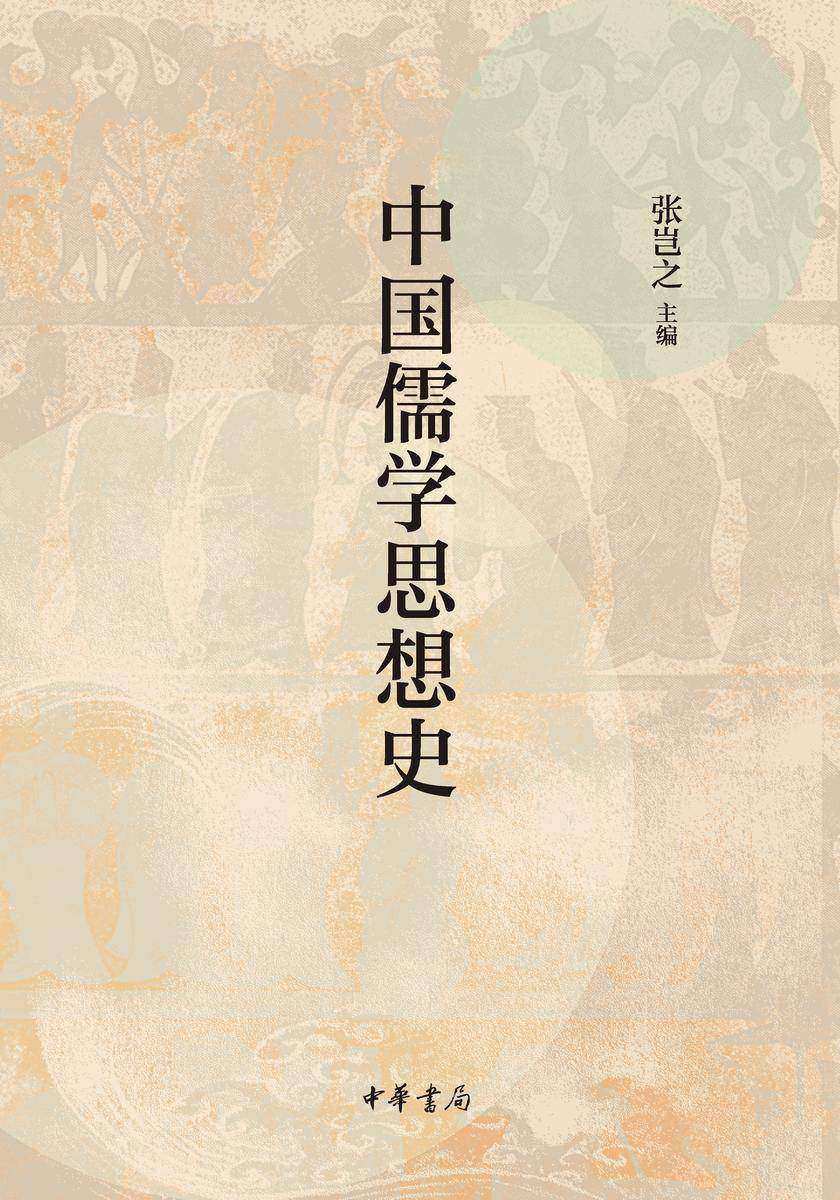
中国儒学思想史 中华书局出品
¥40.80
本书共十五章,约34万字,以时代为经,以大量翔实可靠的资料为基础,简明扼要地梳理了中国儒学思想的发展脉络,阐明各时代儒学思想的内涵、特及转化动力,并特别分析了各时代儒学思想与科学技术之间的辩证关系,具有资料丰富、脉络清晰、论证有力等特。 正如作者所说:“我们的研究有三:一,对中国儒学思想的代表人物力求行实事求是的分析;二,重研究中国儒学思想发展的历史程;三,始研究儒学思想与中国古代自然科学。”“这部专著里将探索中国儒学的演变轨迹,把儒学与中国古代自然科学的复杂的、多方位的关系作为研究的重。”


博弈法则:历史与生活中的逻辑
¥40.80
博弈是通过选择合适的策略达到合意结果的过程。人们的工作和生活中充满各种各样的决策,因此充满追求利益最大化的博弈过程。了解了博弈的法则,我们就能经过分析和推理找到各方利益的关键,从而看清隐藏在事物表象背后的本质。 本书通过讲述历史和生活中的一系列小故事,阐明博弈法则是如何对事件的结果产生影响的。书中从为人处世、两性关系、商业成败、职场规则、大国竞争几方面展,以生动有趣的故事、清晰易懂的分析呈现了博弈法则在现实生活中的运用。

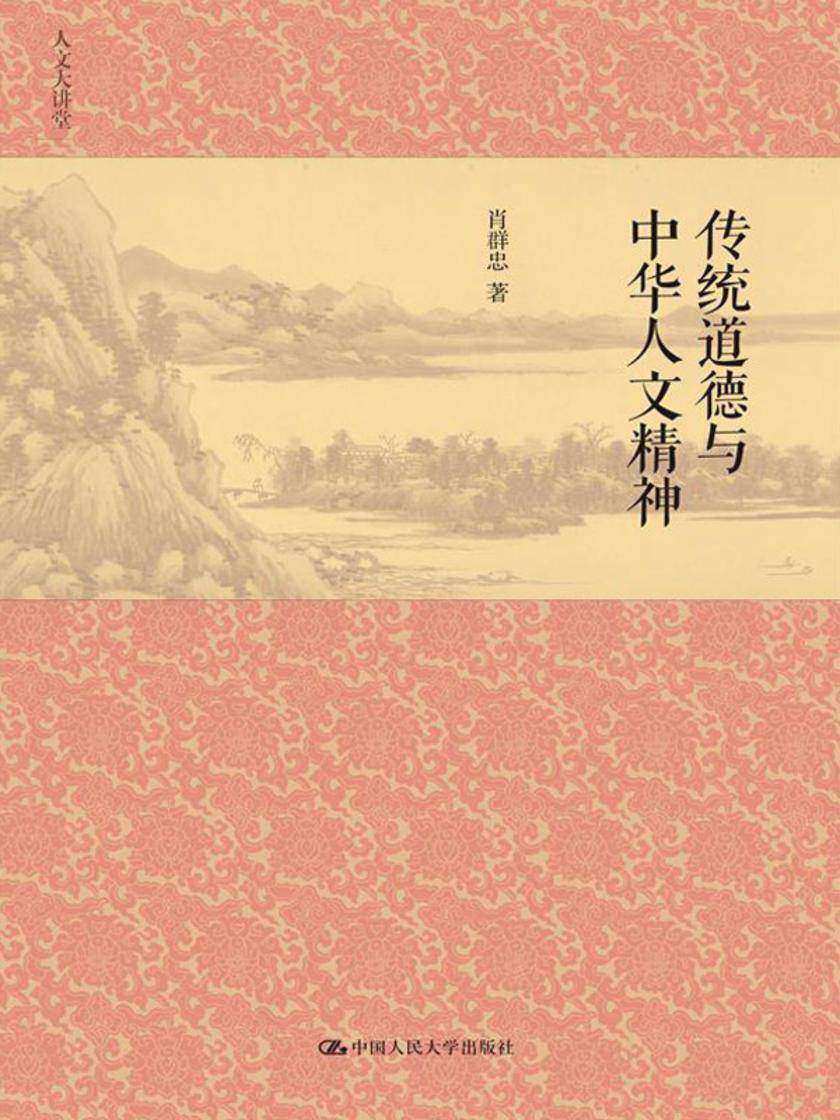
传统道德与中华人文精神(人文大讲堂)
¥40.80
人性、处世、处己、处人的人生观,义利、公私、理欲、德才的价值观,孝、忠、仁、义、礼、智、信、中庸的道德观是中华优秀传统文化的核心与灵魂,也是我们每个人在人生的不同阶段都要思考和实践的问题。本书从哲学思想史、伦理学思想史中撷取精华,给出了大量知识性信息和实践案例,以为当下的借鉴和启示,使中华优秀传统文化在当代实现创造性转化和创新性发展,光大中华人文精神,促社会文明步和人生幸福。

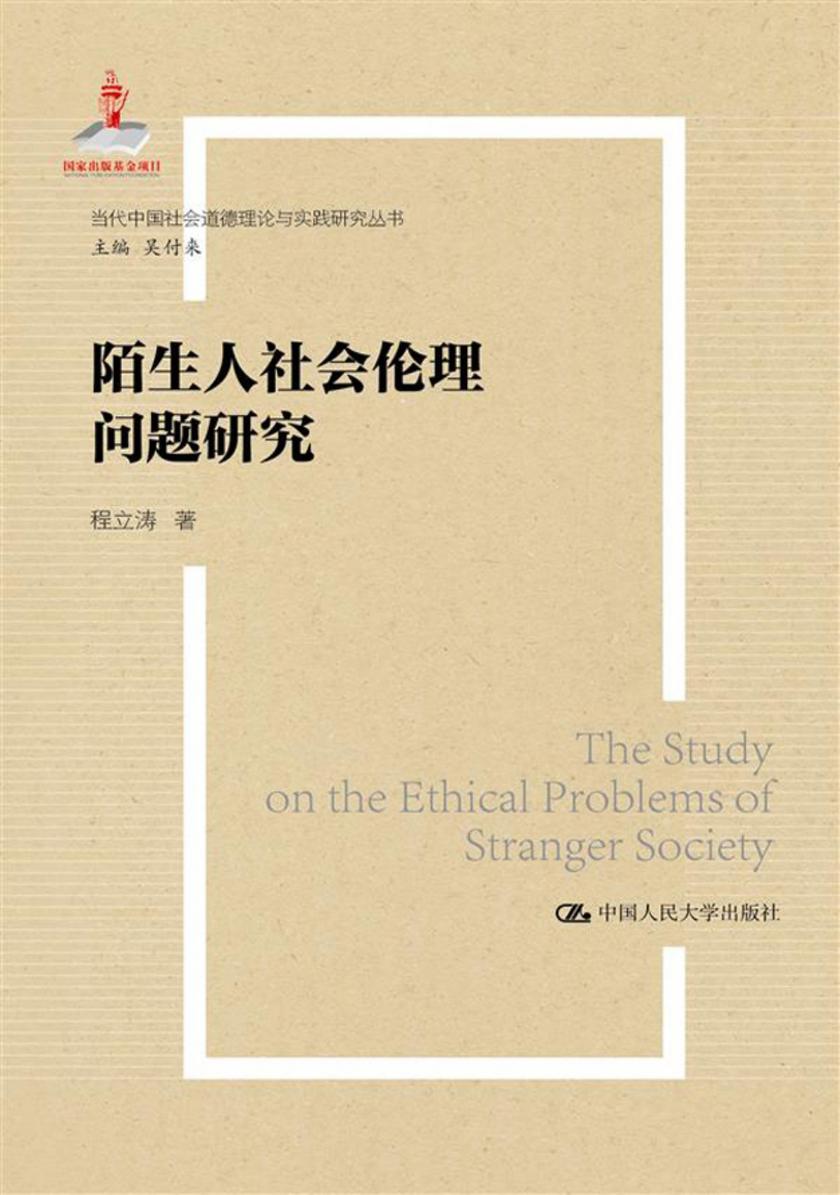
陌生人社会的伦理问题研究(当代中国社会道德建设理论与实践研究丛书)
¥40.80
“陌生人社会”的来临,为当代中国展示了全新的生活场景和伦理视野,同时导致了许多未曾遇到的新挑战、新困惑:面对数不清的“陌生人”,我们应该以怎样的伦理经验与其交往?以往的伦理规范和处事准则能否被简单移植到“陌生人”身上?在喧闹的现代都市,陌生的居民之间如何和睦相处?以往人们对“陌生人”的道德想象,能否作为直面“陌生人”时的道德推理机制?如何解决“人情味”与“公德心”之间的内在冲突?……本书围绕“陌生人社会”所生发的一系列伦理道德问题,从思辨和经验两个层面做出了有益思考和尝试性回答,对解决“陌生人社会”的道德困境有所助益。


老子讲演录(人文大讲堂)
¥40.80
本书按《老子》八十一章分节解释,以老子哲学的“道”为和内核,着力阐发其形而上的人生智慧与存在境界,在老子那里,作为世界的原理,“道”既被视为存在的法则,也被理解为存在的方式。与之相涉,自然状态与“无为”之为、道的幽深与德之现实、为学与为道、本然与可能等方面,既彼此关联,又包含内在张力。全书呈现独特的文字魅力和思维品格,展现了老子对天、地、人的思考以及更广意义上道家的文化内涵。

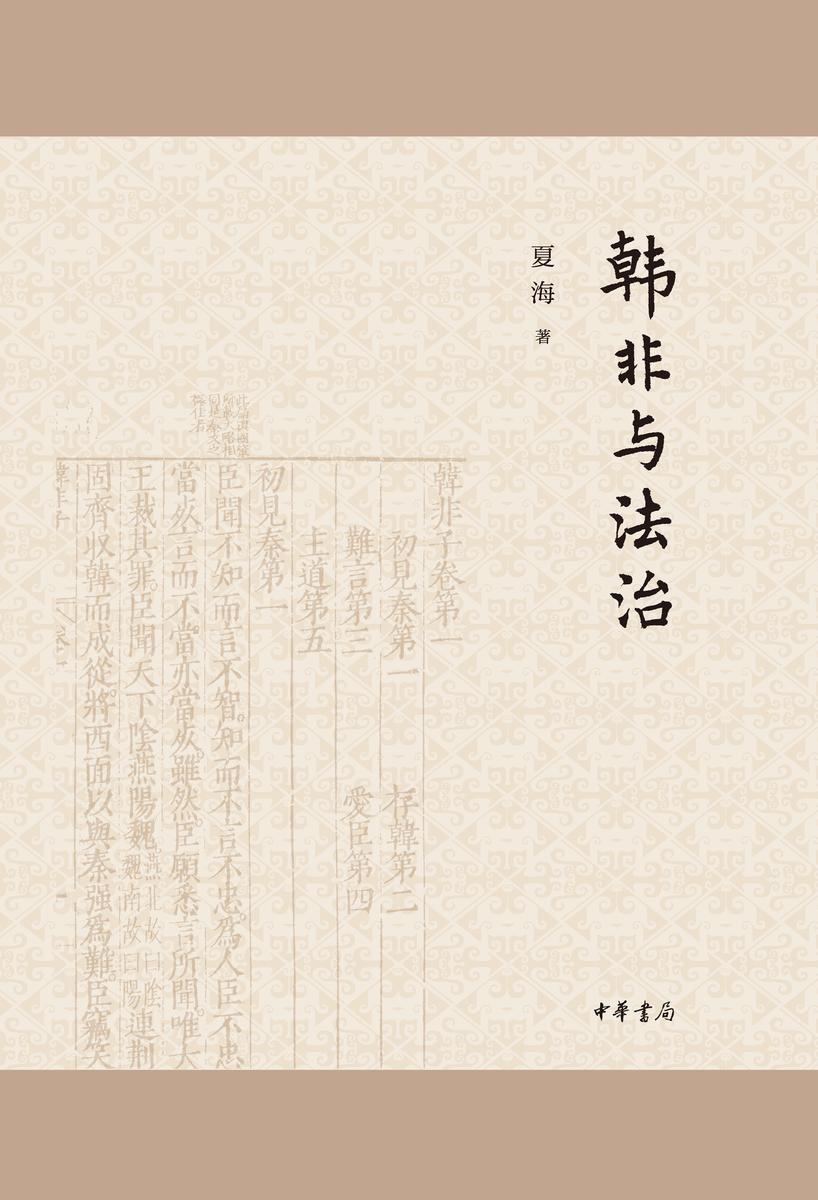
韩非与法治(精) 中华书局出品
¥40.80
本书是夏海先生继《论语与人生》《老子与哲学》《孟子与政治》之后,又一部关于先秦诸子研究的力作,是对法家思想的集大成者韩非的研究。全书分为五个部分,计二十章。部分“韩非其人”,包括、二、三、四章,主要介绍韩非其人,以及同诸子百家尤其是法家的关系。第二部分“人性论”,包括第五、六、七、八章,以善与恶为框架,阐述韩非的人性思想,比较分析孟子性善论和荀子性恶论,认为韩非的好利恶害属于性恶论范畴。第三部分“法治论”,包括第九、十、十一、十二章,以德与法为框架,阐述韩非的法治思想,比较分析商鞅之法,认为韩非既有继承,更有创新和超越,着力补充完善了商鞅有法无术的缺陷。第四部分“术治论”,包括第十三、十四、十五、十六章,以君与臣为框架,阐述韩非的术治思想,比较分析申不害之术,认为由于《申子》一书大部分佚失,只能根据韩非的论述,补充完善了申不害有术无法的不足。第五部分“势治论”,包括第十七、十八、十九、二十章,以官与民为框架,阐述韩非的势治思想,比较分析慎到之势。


生活中的逻辑学(修订版)
¥40.80
生活中的逻辑学(修订版)

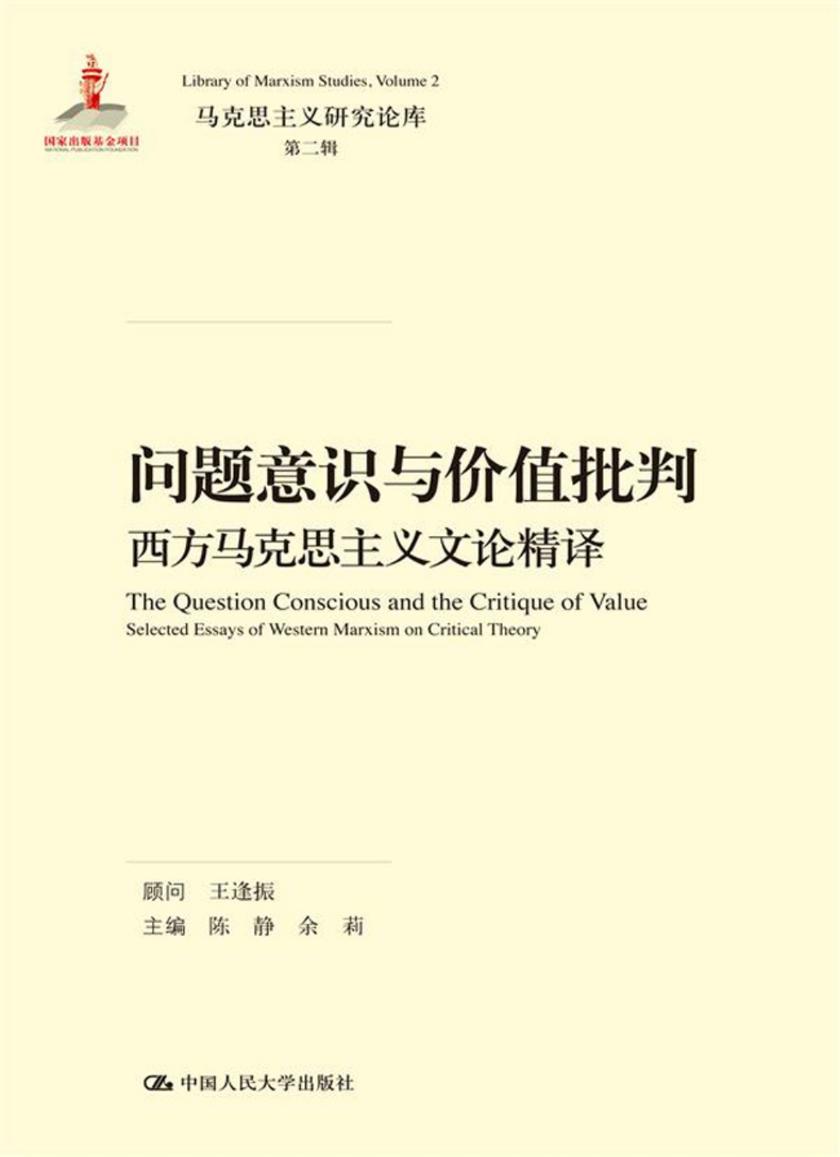
问题意识与价值批判:西方马克思主义文论精译(马克思主义研究论库·第二辑)
¥40.80
西方马克思主义文论研究始终对现实有着强烈的干预意识,本书以文学理论为依托,以文学理论关照现实生活的各个方面,在马克思主义理论框架下展对当今社会问题的研究与批判,内容涉及对西方主流价值观的批判,对经典文学和文化研究概念的重新阐发,对非主流文学作品的研究,对理论问题的讨论等等。本书收詹姆逊、伊格尔顿、迈克尔?哈特等国外著名学者的理论文章,体现了西方文论研究的*成果,不仅能极大地拓展国内学者的研究视野,也能够让国内学者感受到西方同行的学术精神。


新四书与新儒学(中国哲学新思丛书)
¥40.80
儒家的仁义思想不只是由仁而义,还包括由义而仁,前者是孟子的“居仁由义”,是由道德而政治,后者是荀子的“处仁以义”,是由政治而道德,二者结合才是完整的仁义观。传统四书不足以反映儒学的完整面貌,不足以体现仁义的精神内涵,故需要有新的经典体系出现,这就是本书所提出的《论语》、《礼记》、《孟子》与《荀子》,合称“新四书”。在“新四书”中,孟荀既相互对立,又存在相互补充的可能与需要。孟子人性论更准确地理解应该是以善为性论,有利于突出道德主体,说明人的道德实践;荀子人性论并非传统所认为的性恶论,而是性恶心善说,适合说明礼义、制度的建立,易于解释人的政治实践。统合孟荀,方可创新儒学。

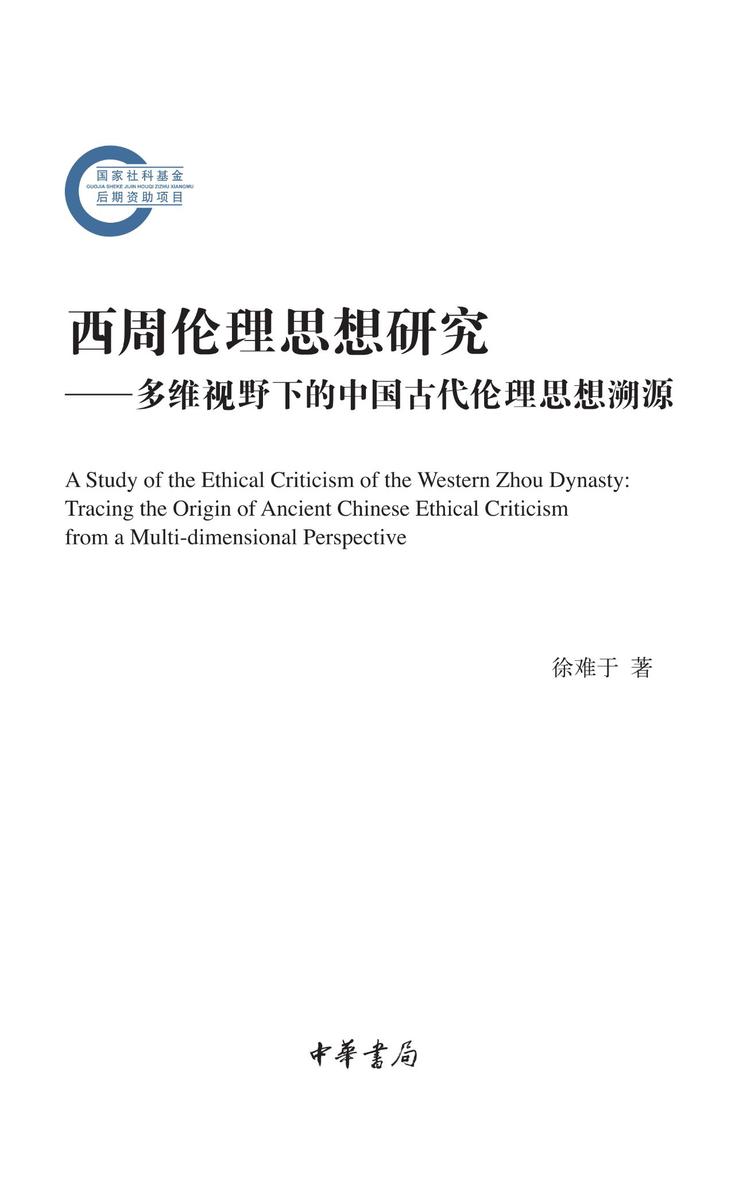
西周伦理思想研究--国家社科基金后期资助项目 中华书局出品
¥40.80
本书充分利用西周金文与传世文献史料,围绕宗教、伦理、政治互动的主线,对西周的孝友等血缘伦理思想,以及德、敬、肃、恭、勤、雍、和等政治伦理思想与善恶评价思想行宏观与微观的深探讨。在西周与古埃及的比较研究中,彰显西周“伦理思维发达”这一重要特征,并以双方族群格局差异为切,深探讨这一重要特征之成因。在西周与后世的比较视野下,围绕西周基本社会制度的伦理影响,深探研西周的“德治”思想及其“层级推衍治理”思想,从而揭示西周伦理政治思想的主要时代特征。
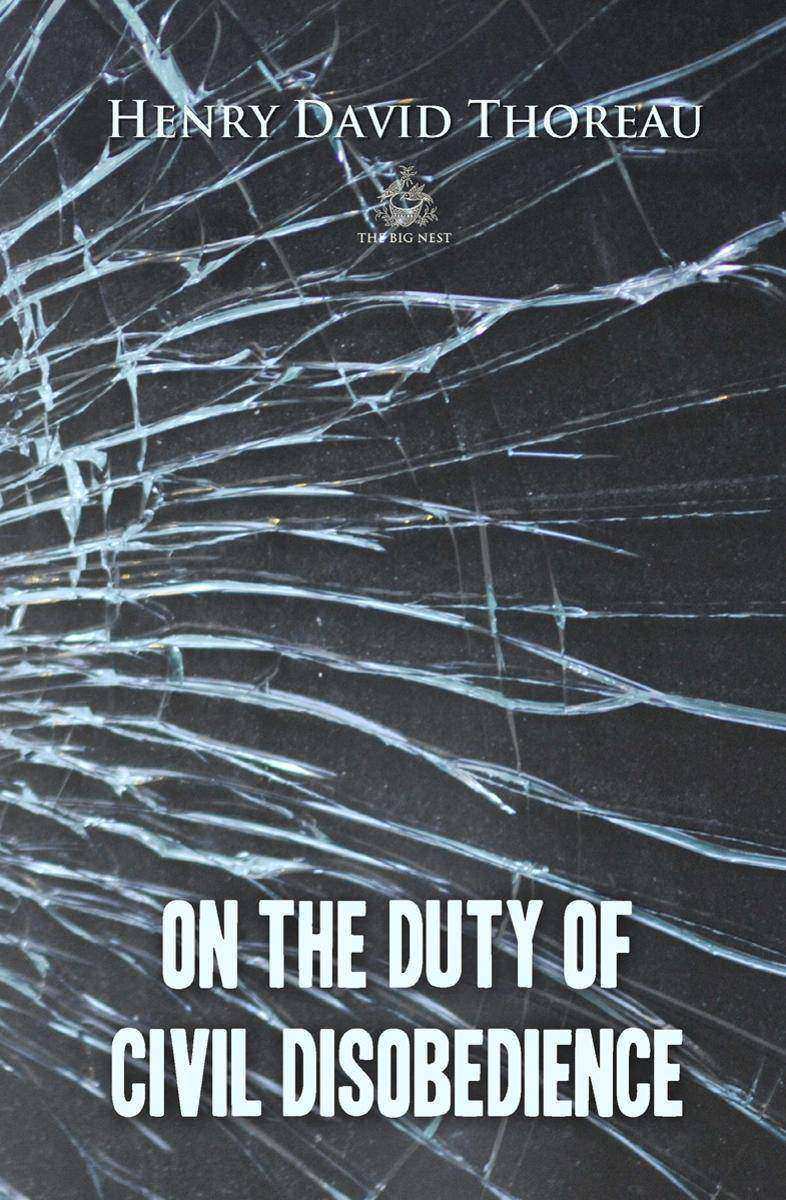
On the Duty of Civil Disobedience
¥40.79
In Civil Disobedience Thoreau argues that individuals should not permit governments to overrule or atrophy their consciences, and that they have a duty to avoid allowing such acquiescence to enable the government to make them the agents of injustice.




 购物车
购物车 个人中心
个人中心



